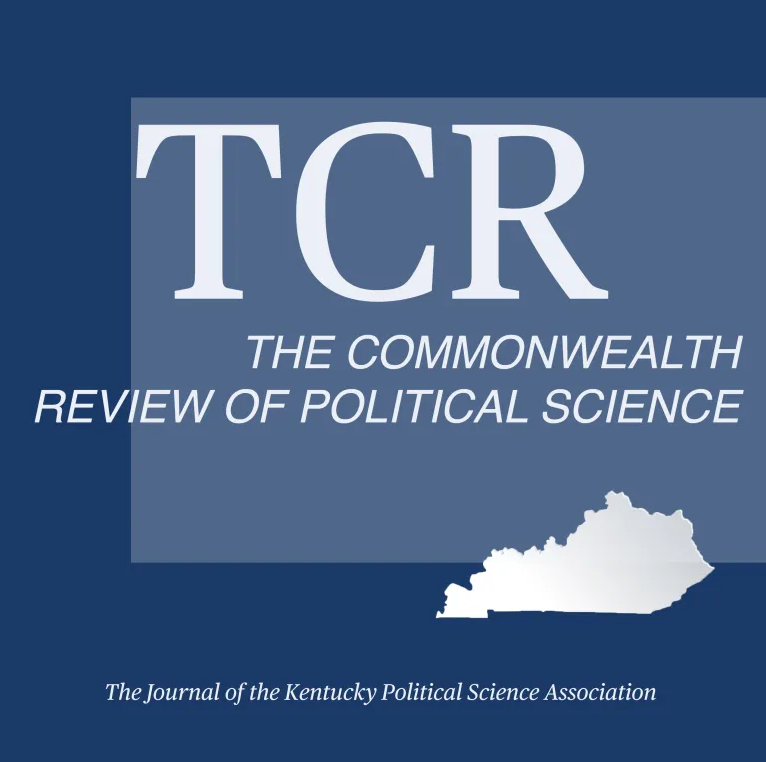Commonwealth Review of Political Science

Abstract
This study examines the effects that economic interdependence (EI) hason political relations between China and its main trading partners. Five EI theories derived from the international relations literature are tested using data from King's 10 Million Dyad collection of political interaction along with economic data from the IMF and control variable data from Polity IV, COW CINC, among other sources.
Though a significant amount of literature addresses the effects trade has on conflict at the systemic level, few address it at the dyadic level and even fewer test the pacification of trade on non-Western states. This research examines economic, political, institutional, geographical and political relations data from 1990 to 2004 to test two neoliberal hypotheses that posit interdependence is associated with cooperative political relations between states. Furthermore, the research tests the neoliberal institutionalist hypothesis that joint-institutional membership helps to increase political cooperation. Two neorealist theories are tests. The first hypothesis states that the unequal distribution of trade benefits leads to a deterioration of political relations. The second states that relative power increases lead to a deterioration of political relations.
Findings generally support neorealist hypotheses. However, neoliberal contentions that relative power increases do not necessarily lead to conflict when international economic influences are taken into consideration are supported.
Recommended Citation
Masterson, Dr. James R.
(2014)
"Power, Interdependence and Conflict: What IR theories tell us about China's rise,"
Commonwealth Review of Political Science: Vol. 2:
No.
1, Article 4.
DOI: https://doi.org/10.61611/2994-0044.1012
Available at:
https://digitalcommons.murraystate.edu/crps/vol2/iss1/4
Included in
History Commons, Political Science Commons, Psychology Commons

